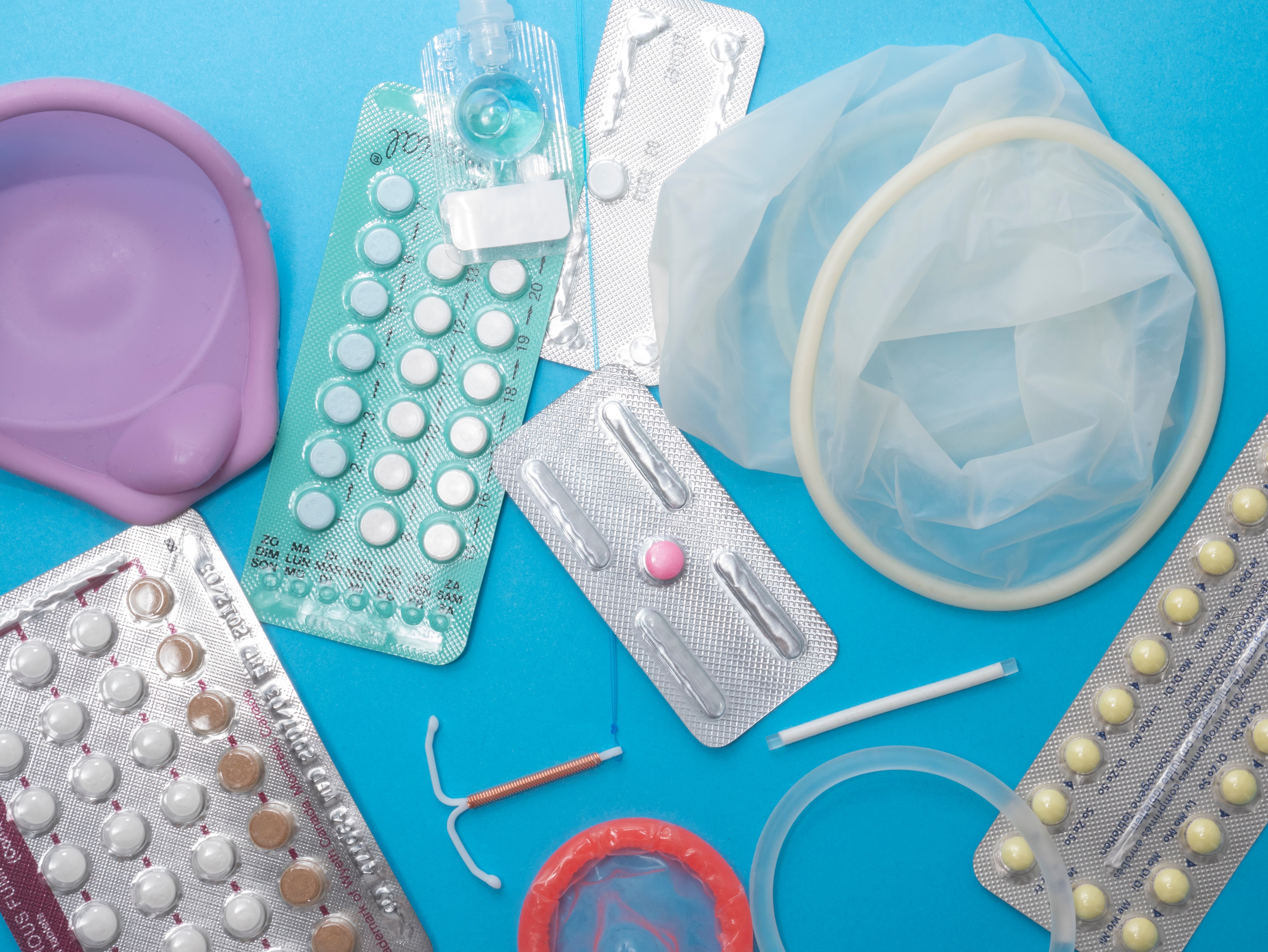Eat a healthy diet
Eat a combination of different foods, including fruit, vegetables, legumes, nuts and whole grains. Adults should eat at least five portions (400g) of fruit and vegetables per day. You can improve your intake of fruits and vegetables by always including veggies in your meal; eating fresh fruit and vegetables as snacks; eating a variety of fruits and vegetables; and eating them in season. By eating healthy, you will reduce your risk of malnutrition and noncommunicable diseases (NCDs) such as diabetes, heart disease, stroke and cancer.

Consume less salt and sugar
Filipinos consume twice the recommended amount of sodium, putting them at risk of high blood pressure, which in turn increases the risk of heart disease and stroke.Reduce your salt intake to 5g per day. It’s easier to do this by limiting the amount of salt, soy sauce, fish sauce and other high-sodium condiments when preparing meals; removing salt, seasonings and condiments from your meal table; avoiding salty snacks; and choosing low-sodium products. On the other hand, consuming excessive amounts of sugars increases the risk of tooth decay and unhealthy weight gain. In both adults and children, the intake of free sugars should be reduced to less than 10% of total energy intake. WHO recommends consuming less than 5% of total energy intake for additional health benefits. You can reduce your sugar intake by limiting the consumption of sugary snacks, candies and sugar-sweetened beverages.

Reduce intake of harmful fats
Fats consumed should be less than 30% of your total energy intake. This will help prevent unhealthy weight gain and NCDs. There are different types of fats, but unsaturated fats are preferable over saturated fats and trans-fats. WHO recommends reducing saturated fats to less than 10% of total energy intake; reducing trans-fats to less than 1% of total energy intake; and replacing both saturated fats and trans-fats to unsaturated fats.

Be active
Physical activity is defined as any bodily movement produced by skeletal muscles that requires energy expenditure. This includes exercise and activities undertaken while working, playing, carrying out household chores, travelling, and engaging in recreational pursuits. The amount of physical activity you need depends on your age group but adults aged 18-64 years should do at least 150 minutes of moderate-intensity physical activity throughout the week. Increase moderate-intensity physical activity to 300 minutes per week for additional health benefits.

Check your blood pressure regularly
Hypertension, or high blood pressure, is called a “silent killer”. This is because many people who have hypertension may not be aware of the problem as it may not have any symptoms. If left uncontrolled, hypertension can lead to heart, brain, kidney and other diseases. Have your blood pressure checked regularly by a health worker so you know your numbers. If your blood pressure is high, get the advice of a health worker. This is vital in the prevention and control of hypertension.

Get vaccinated
Vaccination is one of the most effective ways to prevent diseases. Vaccines work with your body’s natural defences to build protection against diseases like cervical cancer, cholera, diphtheria, hepatitis B, influenza, measles, mumps, pneumonia, polio, rabies, rubella, tetanus, typhoid, and yellow fever. If you are an adolescent or adult, you may ask your physician if to check your immunization status or if you want to have yourself vaccinated.

Talk to someone you trust if you're feeling down
Depression is a common illness worldwide with over 260 million people affected. Depression can manifest in different ways, but it might make you feel hopeless or worthless, or you might think about negative and disturbing thoughts a lot or have an overwhelming sense of pain. If you’re going through this, remember that you are not alone. Talk to someone you trust such as a family member, friend, colleague or mental health professional about how you feel. If you feel that you are in danger of harming yourself, contact the National Center for Mental Health hotline at 0917-899-USAP (8727).

Practice safe sex
Looking after your sexual health is important for your overall health and well-being. Practice safe sex to prevent HIV and other sexually transmitted infections like gonorrhoea and syphilis. There are available prevention measures such as pre-exposure prophylaxis (PrEP) that will protect you from HIV and condoms that will protect you from HIV and other STIs.




